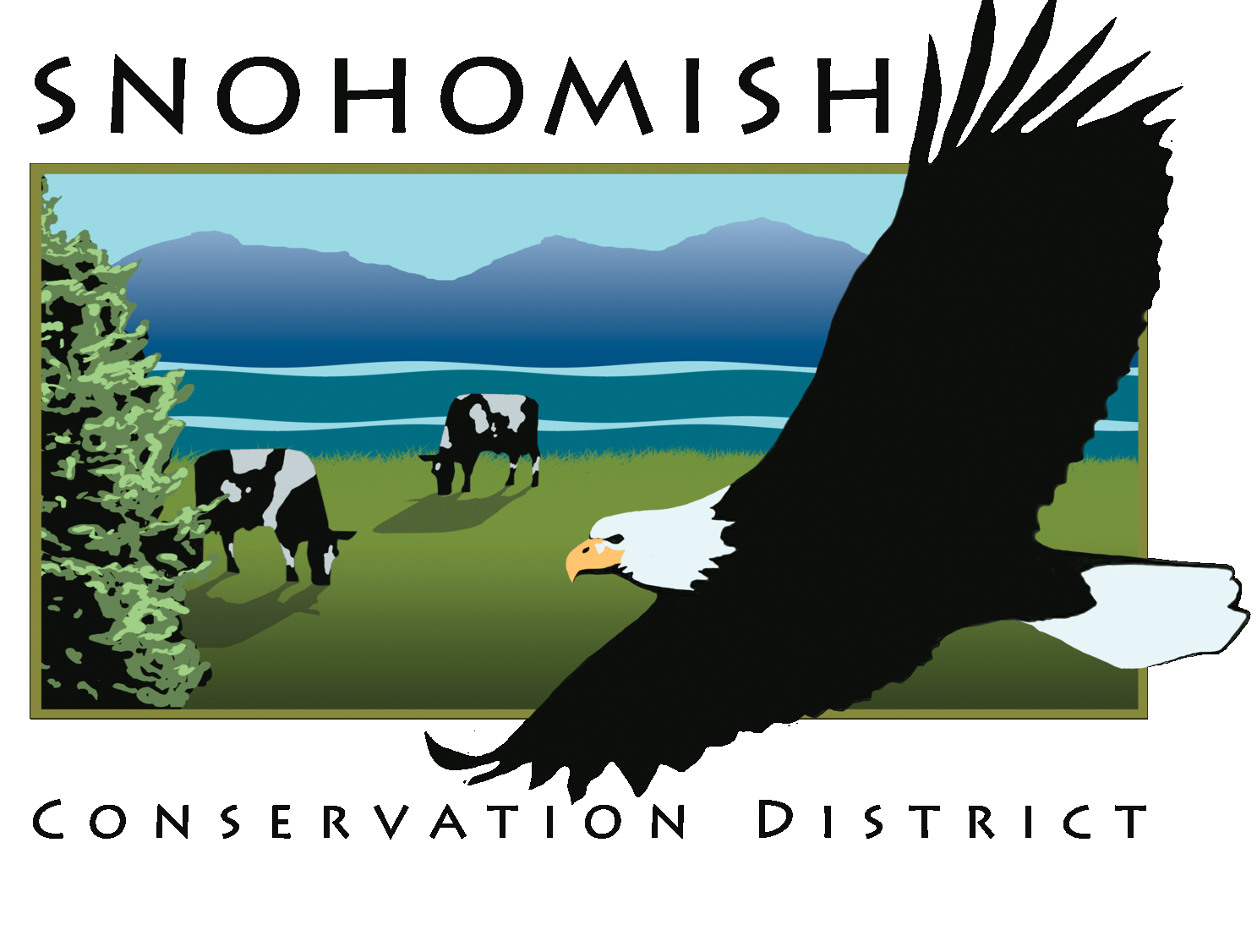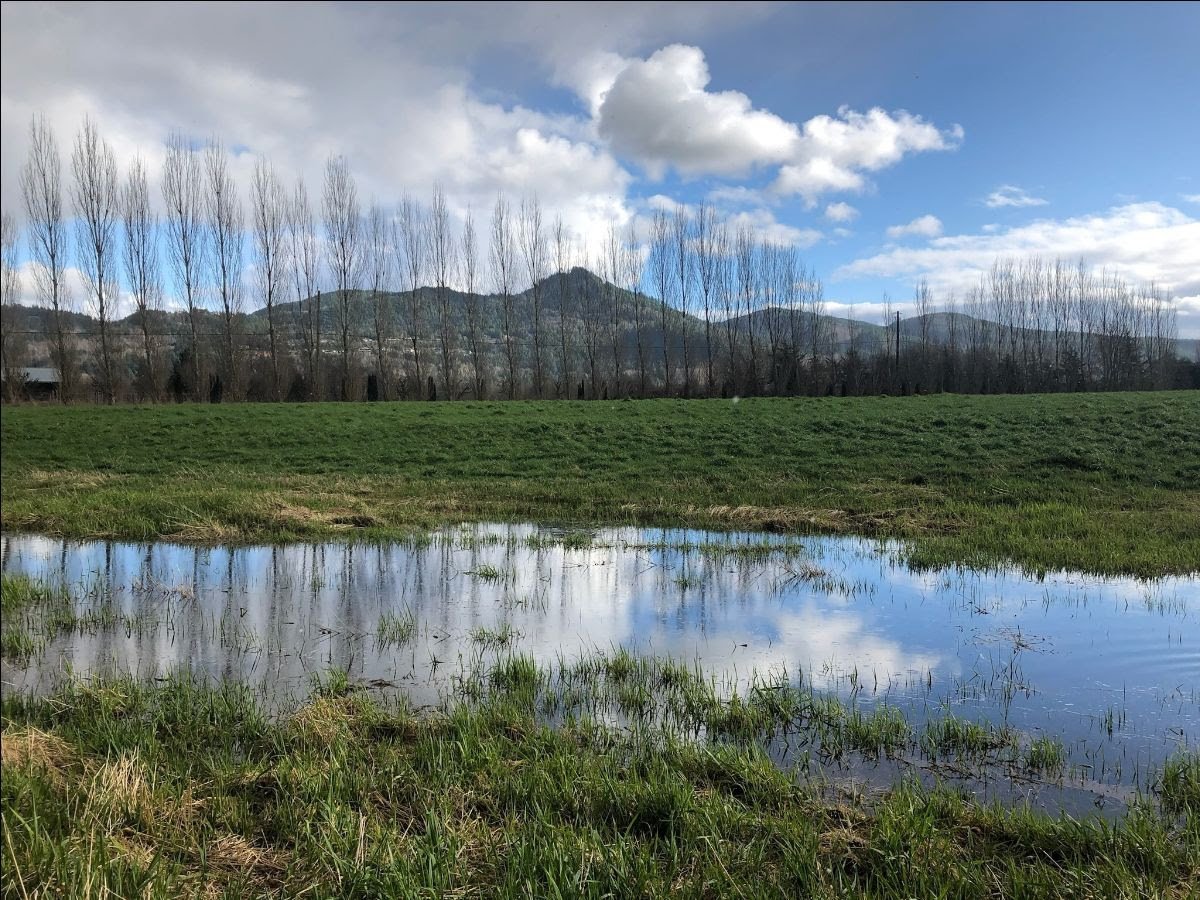Restoring Connection at Tangled Thicket
/If you meet Melissa Correia and Joanna Kenyon from Tangled Thicket Farm, you may discover that they value something that is hard to quantify, but that science is starting to prove is deeply important: connection. Our connection with each other, our community, the natural world, and also the connections that exist between the plants, animals, and fungi within ecosystems.*
For both Melissa and Joanna, one of their earliest and most profound connections was with nature.
When Melissa was young, she’d gather her books and head with her dogs to the wooded wetlands on her family’s homestead in New Hampshire. There she would cross the beaver dam to a little island and read.
Melissa Correia and Joanna Kenyon
“I had so many hours of freedom in the woods. The trees kind of helped raise me,” she said. “I think the work we're doing now is my way of giving back.”
Joanna grew up on the other side of the country, mostly in the Pacific Northwest, where she developed her own close connection to the land—and also the water, particularly when fishing.
“Something shifted when I'd get way out into the middle of nowhere and just start feeling the rhythm of the ocean,” said Joanna. “Everything just slowed down.”
Returning to Their Roots
Like many, adulthood took both Melissa and Joanna further away from that early connection. Melissa found herself living in cities, working long hours as a data analyst and management consultant for the foster care system. She ended up in Seattle questioning her direction.
“It just didn’t feel sustainable to not have my feet in the dirt and not have a connection with a place,” Melissa explained. She decided to make some changes, moved to Whidbey Island, and pared back on her management work.
Joanna’s life had some similar parallels. While she had WWOOFed around Europe after college, she ended up as a graduate student in Chicago, and then returned to the Pacific Northwest to work as a college English instructor.
“I was pursuing my intellectual side and I really needed to be connected to the land and move my body,” she said.
Joanna began gardening again until her garden grew so large that she decided to lease a half-acre. When she and Melissa met, they quickly bonded over their dreams of farming and took the WSU Extension Cultivating Success course to help them build a vision. They moved in together and spent a year farming a rented plot.
“After a growing season we knew it was the right pathway for us,” said Joanna. “But when you’re leasing, it’s hard to plan long-term. We wanted to build our relationship with the land and have something that could unfold over many, many years.”
They keep bees and use some of the forested areas on the farm to grow mushroom logs.
Today, they use about two of their 15 acres to pasture raise chickens and grow vegetables and fruits.
The produce is sold at the farmers market and through their CSA and farm stand.
Building a Dream Together
It took time (and a little luck), but Joanna and Melissa finally bought a property in Mount Vernon and started Tangled Thicket Farm in 2019. Today, they use about two of their 15 acres to pasture raise chickens and grow vegetables and fruits which they sell at the farmers market and through their CSA and farm stand. They also keep bees and use some of the forested areas on the farm to grow mushroom logs.
Joanna and Melissa are committed to adding new trees and shrubs into their farming systems. One of their early projects involved clearing an area overgrown with Himalayan Blackberries and replacing them with a food forest full of Hazelnuts, Plums, Aronia, Autumn Olive, Seaberry, Currants, Thimbleberry, Raspberries, Gooseberries, and Comfrey. Their 100+ chickens—which are allowed free range on the farm—are particularly fond of foraging there.
Melissa and Joanna also worked with Skagit Conservation District to put in a native plant buffer along a drainage swale that runs through their property.
“Before, it was all Reed Canary Grass,” said Melissa. “Now we have about 1,500 Cedar, Spruce, Oregon Ash, Hooker's Willow, Red Osier Dogwood, Red Flowering Currant, and Nootka Rose.”
In just three years, the Willow has grown so vigorously that Joanna and Melissa are already trimming them back to create pathways. This allows access for data collection on beneficial impacts to water quality, and it also makes it possible for kids from the neighboring property to play along the swale, collect frogs, and have their own connection with nature.
One of their early projects involved clearing an area overgrown with Himalayan Blackberries and replacing them with a food forest
The food forest is full of Hazelnuts, Plums, Aronia, Autumn Olive, Seaberry, Currants, Thimbleberry, Raspberries, Gooseberries, and Comfrey.
Melissa and Joanna also worked with Skagit Conservation District to put in a native plant buffer along a drainage swale that runs through their property.
A Bountiful Buffer
Nootka rose
Since the planting, Melissa and Joanna have noticed a significant increase in birds, including owls and other birds of prey.
“At first I threatened them to stay away from my chickens,” said Joanna. “But they’ve really helped with our vole problem. The swallows have also really made a difference with mosquitoes.”
Joanna and Melissa are currently coordinating with Skagit and Snohomish Conservation Districts to plant what we’ve dubbed a “Bountiful Buffer.” This second planting will build onto the original, adding additional water quality protection and stabilizing the slope. It will also provide high-value specialty crops.
“We're figuring out options, but we’re considering Willows for basketry as part of the planting,” said Melissa. “It’s a niche market and there aren’t a lot of local sources.”
The Culinary Delights of Rose
One shrub from the initial planting will almost certainly end up as part of the Bountiful Buffer.
“The Nootka Roses are already shooting out suckers on the boundaries,” said Joanna. “They’ll probably make the decision to be part of the new buffer themselves.”
She and Melissa won’t mind having more. They’ve already been harvesting the hips and petals for personal use to make teas, shrubs, and infused honey. Joanna has experience with other Rose treats from her time in Italy as a WWOOFer.
“I was working on a permaculture farm that had an old, old farmhouse with a kitchen that was all stone. The owner—who was actually named Rosa—made a cake that had custard filling infused with Rose petals,” said Joanna. “It was covered in chocolate and there were Lavender sprigs on top. I remember taking the lid off and this waft of Rose, Lavender, and chocolate swept out into this old kitchen. It was probably the most delicious cake I've ever had.”
Sharing the Bounty
Melissa and Joanna are eager to share the generosity of their land. One way they're doing that is through their CSA which allows customers to sponsor a share for people in need. They're also building a deeper connection with those communities.
“We’re trying to do more than just drop off vegetables. We're getting to know the residents and staff at places like the Skagit Domestic Violence and Sexual Assault shelter,” said Melissa.
When Scratch and Peck Feeds found out about Tangled Thicket’s CSA sponsorship program, they contributed funding that has allowed Melissa and Joanna to expand the program.
“That's how we got connected with New Earth Recovery, the Oasis Teen Shelter, and Family Promise of Skagit and expanded up to Whatcom's Domestic Violence and Sexual Assault Services,” said Melissa.
Last fall, some staff from Family Promise came out to help plant garlic, and volunteers from other programs have helped with weeding and planting throughout the season.
“We’re trying to create opportunities so families have a space where they can be part of it all,” said Melissa.
They put a bench by the pond and added a nurse log from a fallen portion of a very old Apple tree—a tree that the dairy farmer who once lived on the property used to love sitting under.
Honoring the Ancestors
Not only are Joanna and Melissa trying to help those that are here, they're also making a conscious effort to honor the past. When they bought the property, they inherited the remains of a hedge nursery overgrown with invasives.
“We’ve been slowly carving out little pockets and replacing them with plants that provide better habitat," said Joanna. "When we find native plants, we carefully dig around them and save them.”
After they restored the first section, they dedicated the area to the memory of their loved ones who had passed, and also to those that came before them on the land. They put a bench by the pond and added a nurse log from a fallen portion of a very old Apple tree—a tree that the dairy farmer who once lived on the property used to love sitting under.
“It's a place where we can go and feel connected to our personal ancestors and the ancestors of the land,” said Joanna.
Melissa and Joanna realize that transforming the rest of the area will take time, but they’re encouraged by the changes they’ve already made there, with their food forest, and their buffer.
“We have these little patches of vibrant natural ecosystems,” said Melissa. “It reminds me a little bit of a patch reef out in the ocean where they grow and start to link up together. We’re helping to cocreate plant communities that are working in relationship with each other. When you start to see things become an ecosystem it's just super exciting.”













